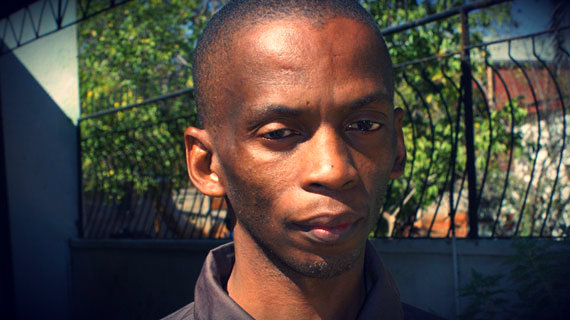
A COCKTAIL of events and episodes has led to the rapid erosion of confidence in opposition politics in Zimbabwe.
These events include but are not limited to Zanu PF’s victory in elections by fair or foul means, but more significantly the implosion of the MDC into fragments and factions.
Zanu PF itself has not been spared the indignity of factionalism as historic foes belonging to at least two factions battle for ascendancy in the dark, winding corridors of power.
For most Zimbabweans the unfolding circus in mainstream politics has seen sympathy for MDC formations turning into apathy.
In this rapidly changing political terrain, it is important to ask ourselves whether opposition parties will be able to maintain or sustain a spirited challenge to Zanu PF rule, or the country has resigned itself to Zanu PF until 2023 with the best scenario being change from within Zanu PF.
Can these bones live?
The Zimbabwean scenario reminds me of the prophet Ezekiel who was taken to a valley of dry human bones and then was asked by the Lord “Son of man can these bones live?” To this the man of God replied, “Only you know oh Lord.”
The same is true of opposition politics today in Zimbabwe because it is only the Lord who can breathe life into what appears to be a valley of dry bones. Opposition politics requires an Ezekiel moment if a sustained challenge in Zimbabwe is to be made to Zanu PF rule.
- Chamisa under fire over US$120K donation
- Mavhunga puts DeMbare into Chibuku quarterfinals
- Pension funds bet on Cabora Bassa oilfields
- Councils defy govt fire tender directive
Keep Reading
At the moment the opposition is at its weakest with the Morgan Tsvangirai and Tendai Biti formations chanelling all their energies at decimating each other.
Weshman Ncube’s MDC is still to recover from the shock and trepidation of the 2013 election results while Zapu is still trying to emerge from last year’s electoral avalanche.
Zanu PF on the other hand, like a thief who steals more than they expected to carry, finds itself on the throes of a brutal succession war.
The two MDCs, or rather the three MDCs, need to recognise that they are actually weaker than ever before and instead of gaining ground on Zanu PF they are actually exchanging supporters and not getting any new political converts. Zimbabwe desparately needs a proper alternative to both the MDCs and Zanu PF, but the reality on the ground seems to suggest that Zanu PF may be here to stay unless there is an Ezekiel moment or a new political force more powerful than both Zanu PF and MDC emerges.
The tragedy at the moment is that all the players in the opposition and Zanu PF are the same people who have been part of the problem for the past 14 years.
There has just been a crazy, cataclysmic circulation and recycling of politicians for decades.
Surely it is the height of naÏvety to use the same players who have lost for decades, but merely change their kits and boots without changing strategy, tactics or personnel. This is largely the case with factions of the MDC.
One would have expected Biti to bring something new and refreshing on the table, but tragically the renewal team appears obsessed with Tsvangirai while Tsvangirai is obsessed with Zanu PF and Zanu PF is obsessed with the past.
The country cannot move forward with such poor craft competence, political acumen and lack of clear cutting vision.
I believe Biti needs Tsvangirai and Tsvangirai needs Biti and both need Ncube and Dumiso Dabengwa, but importantly all these need to make way for a new breed of political leaders while they play a supporting role.
The time has come for an alternative mass movement glued by a common vision of socioeconomic transformation, political justice, democracy and equity.
Such a movement should and will be powered by emerging political leaders many of whom have been on the sidelines of mainstream politics, but with years of experience from business, labour, the church, civil society, academia and youth wings of political parties and even remnants of reformed Zanu PF members.
Zanu PF will fail to manage the intricasies of the economy as evidenced by the failure in transforming election rhetoric into reality.
ZimAsset has failed to deliver its most critical components which are results-based management.
Already the government is failing to pay civil servants barely a year after elections and foreign direct investment earning remains elusive.
The dream of 100% empowerment is rapidly turning into 100% poverty.
The time is ripe for change.










